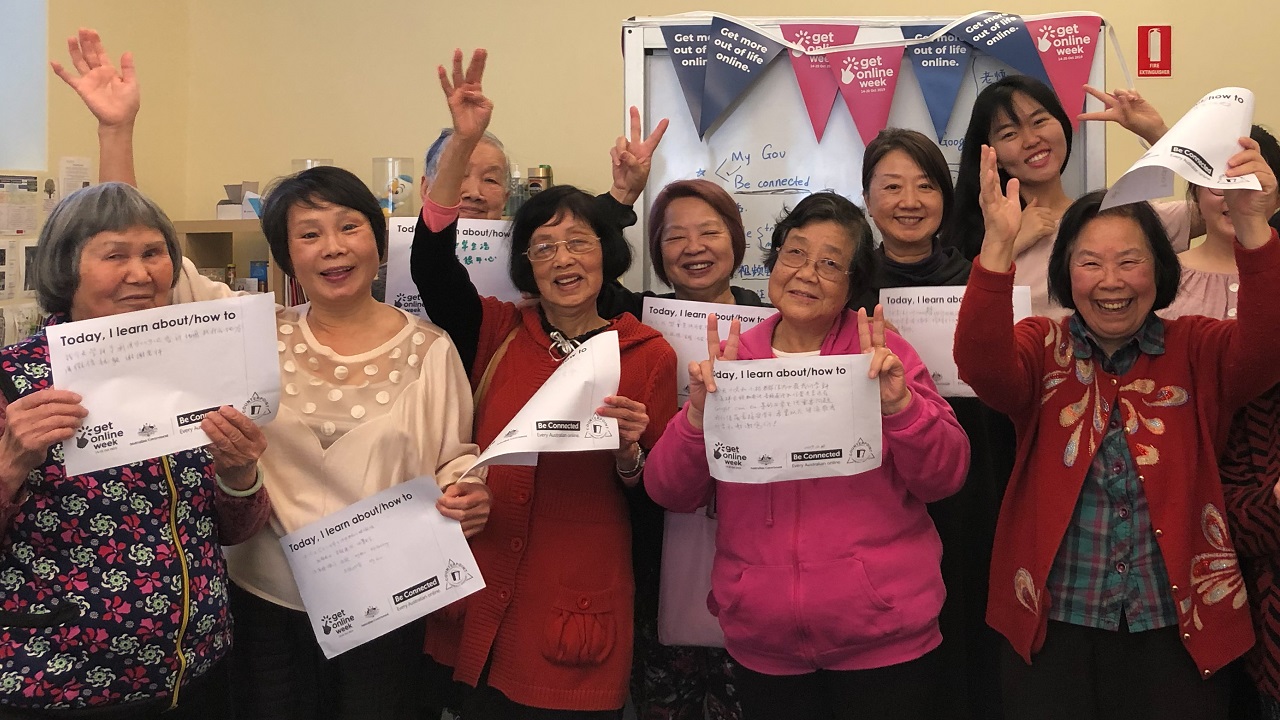
Push for Digital Inclusion in Social Housing Communities
By Counterpoint Community Services Posted on 15/05/2020
Digital inclusion and access to computers, internet and smart phones is not a new challenge for our social housing communities. The unaffordability of equipment and the capacity deficit of those unable to use technology has been an ongoing struggle for many years. The coronavirus pandemic could be the catalyst to push this challenge onto the priority agenda of those tasked to provide safety nets for our most vulnerable.
A Smart City emphasizes the importance of digital technology and innovation as the foundation of efficient service delivery. Unfortunately, Sydney lags far behind.
For those of us whose core work is to provide face to face services and build resilient communities through creating networks of peer support and community involvement, COVID-19 has forced us all to work in new terrain. For many in the service sector we have been guilty of using the defence of the digital divide gap for not embracing new and emerging ways of working.
There is no doubt that technology-based services bring a wide range of complexity in providing services only online.
This is further exacerbated when those you are trying to reach simply don’t have the means or have limited capacity. In the 2016 Census, public housing only statistical areas in our local area reported about 35% of households as having an internet connection. Many tenants report that they are reliant on low end mobile phone plans primarily for phone calls and with low mobile data allowances. Some public housing buildings like Dobell are reported as being difficult to get mobile signals.
COVID-19 which has compelled many to deliver their services online, has also forced many to catch up with the latest technology opportunities that are available in order to revolutionise the service system. However, this will only be impactful if the accessibility gap to equipment and the capacity deficit for our most marginalised is addressed.
"The value and benefit of technological solutions should not be overlooked so long as they are accompanied with solutions to address accessibility exclusion and capacity deficits."
While the value and benefit of face to face connection should never be lost, the value and benefit of technological solutions should not be overlooked so long as they are accompanied with solutions to address accessibility exclusion and capacity deficits.
Social housing tenants need access to free Wi-Fi services, equipment such as pads, laptops and smart phones, personal monitoring and medical assistance equipment, duress alarms and free access to training and mentorship for them to be able to embrace the opportunities new technology can offer. For this to happen we need urgent investment from both the government and the private sector. It will also require willing services to adapt quickly if this divide is going to be eradicated once and for all.
REDWatch and Counterpoint are looking to see what can be done at a local level by engaging our local technology hub at South Eveleigh to work with government partners in LAHC and Housing to explore and pilot potential solutions. Counterpoint Community Services has become an authorised collection point for the Reconnect Project. The Reconnect Project provides mobile phones, tablets and laptops to people in need, giving them the means to reconnect with family, friends and essential services. We have pursued grants with the Department of Communities and Justice and the City of Sydney in order to provide families with computers and/or get data packs. We are also calling on the City of Sydney and others to make Wi-Fi available and free wherever they can.